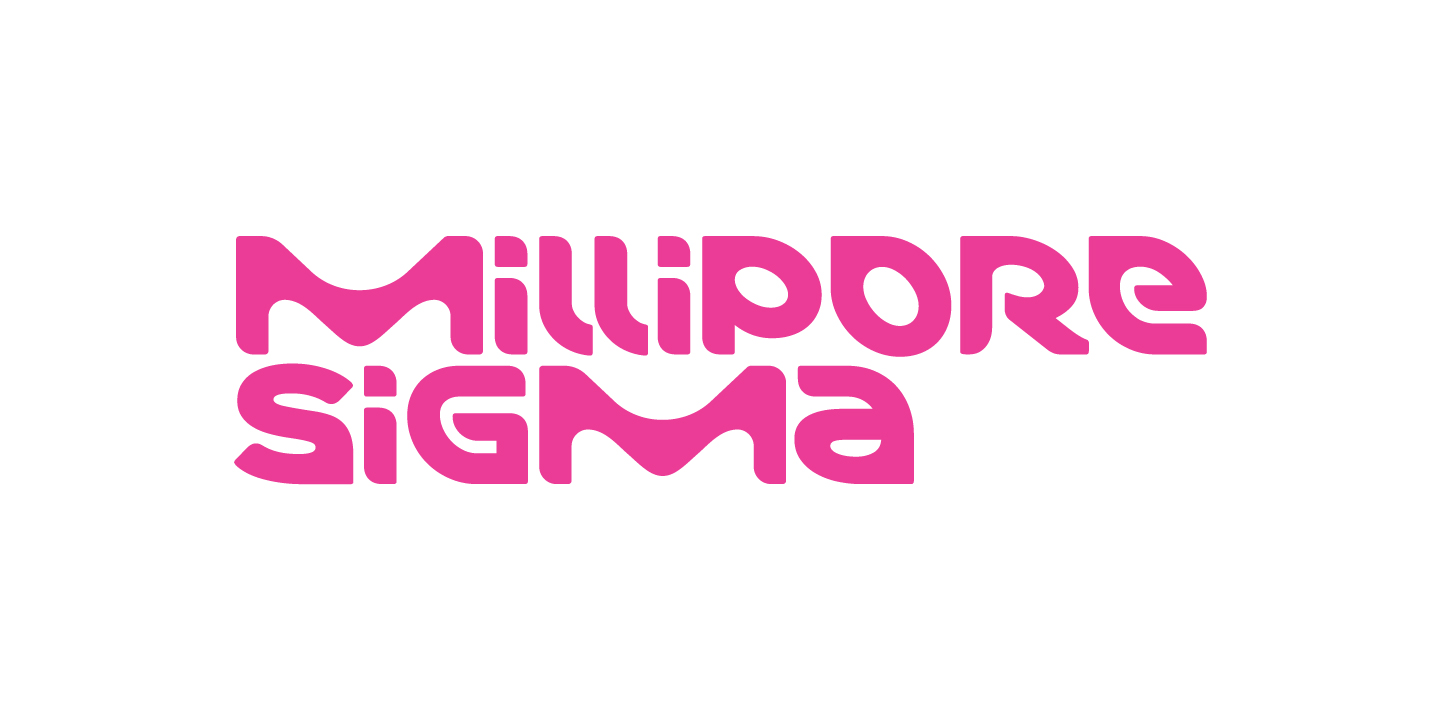AI Meets Curiosity Labs™: How AI Experts Helped Shape Our New “AI in Drug Discovery” Curiosity Labs™ Lesson
The demand for skilled professionals in science, technology, engineering, and math (STEM) continues to rise. Projections from the U.S. Bureau of Labor Statistics indicate that STEM occupations will grow by 10.4% between 2023 and 2033, outpacing the 4.0% growth rate for all occupations. Thus, early exposure to STEM education plays a crucial role in shaping students’ interests and aspirations in these areas.
Understanding the importance of nurturing future innovators, MilliporeSigma, the U.S. and Canada Life Science business of Merck KGaA, Darmstadt, Germany, is committed to fostering curiosity and providing access to science education through its Curiosity Labs™ program—now featuring a new lesson focused on the role that artificial intelligence (AI) plays in drug discovery.
A standout feature of the new “AI in Drug Discovery” lesson is its hands-on experiment, where students use 3D-printed models to understand how AI aids drug discovery. Similar to how the company’s AI-powered AIDDISON™ platform matches shapes and colors of molecules with potential target proteins, students will create a drug candidate molecule out of 3D-printed building blocks and then match it to a target protein model. This interactive approach provides students with a tangible understanding of how AI can simplify the complex process of developing new medications.
All Curiosity Labs™ lessons are developed in partnership with Washington University in St. Louis, a global leader in applied research, through its Institute for School Partnership, with input by the company’s subject matter experts and in alignment to the Next Generation Science Standards. Offering lessons both at schools and on-site at the company’s facilities, the program is of no cost to participating schools. The company provides all the necessary materials and equipment for its trained employee volunteers to facilitate the Curiosity Labs™ lessons.
“With Curiosity Labs™, we believe that sparking curiosity early can change a student’s entire trajectory in STEM,” said Maite Nogales, Global Curiosity Labs™ Lead, the Life Science business of Merck KGaA, Darmstadt, Germany. “Our hands-on approach allows students to see themselves as scientists, problem-solvers, and innovators, regardless of their background. By making complex scientific concepts like AI more accessible and engaging, we hope to break down barriers that often deter students from pursuing STEM careers. It’s incredibly rewarding to see students light up when they make connections between what they’re learning and the real-world impact of science.”
Educators and other interested parties are encouraged to visit the company’s Curiosity Labs™ webpage or email curiositylabs@milliporesigma.com to learn more about how the program educates and inspires students to consider pursuing a career in STEM.

